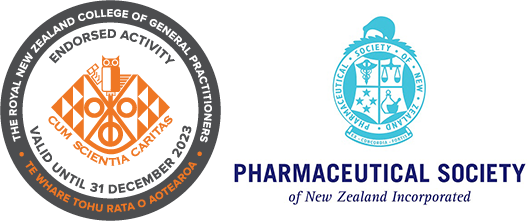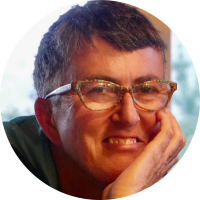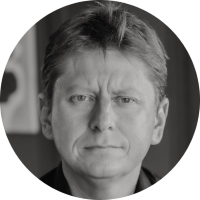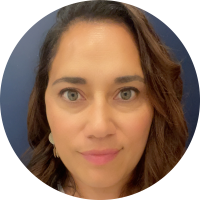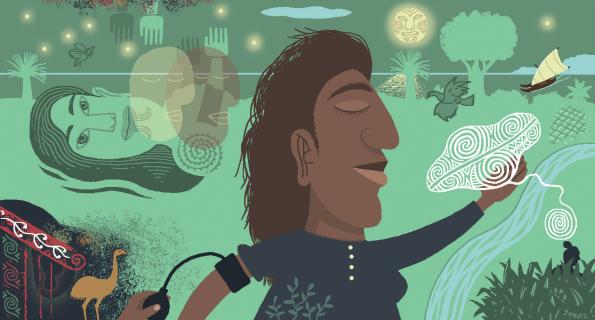Māori attitudes to healthcare today are deeply rooted in New Zealand history. In this article, Deborah Bassett-Clarke discusses some reasons why the current model of pharmacy practice does not always meet the needs of Māori and may actually cause health inequities. Understanding these factors is an important first step to improving outcomes for Māori.
Ideas on culturally safe consultations - A discussion on communicating to improve medicine access equity
The path to culturally safe practice is full of opportunity; however it can be hard to incorporate new ways of working (and thinking) in such busy times. In this webinar, GP writer and medical educator Lucy O’Hagan leads a discussion on professional communication and the importance of critical reflective practice. Expert panellists consider how racial biases and assumptions impact the consultation and may influence the appropriateness of medicine prescribing and, most importantly, whether the patient feels that the medicine(s) prescribed are acceptable.
Panellists:
- Lucy O’Hagan (Chair) - What consultation skills might we need to be pro-equity, culturally safe practitioners?
- Bronwen Chesterfield - Understanding cultural safety and racism in Aotearoa: The fundamentals
- Kyle Eggleton - Challenging our prescribing bias
- Sarah Sciascia - He aha te kai a te Rangatira? He kōrero. What is the food of the leader? It is knowledge. It is communication. Understanding whakawhanaungatanga as an essential clinical skill in medicine
This video is a recording of the live webinar hosted by He Ako Hiringa on 6 March 2023. It is suitable for all health professionals.
Timeline
- 00:00 - 07:00 Introduction
- 07:00 - 32:19 Dr Sarah Sciascia: Understanding whakawhanaungatanga as an essential clinical skill in medicine
- 32:19 - 53:30 Dr Bronwen Chesterfield: Understanding cultural safety and racism in Aotearoa: The fundamentals
- 53:30 - 1:09:41 Dr Kyle Eggleton: Challenging our prescribing bias
- 1:09:41 - 1:26:03 Dr Lucy O'Hagan: What consultation skills might we need to be pro-equity, culturally safe practitioners?
- 1:26:03 - 1:29:39 Q&A and closing
Resources
- Ao Mai Te Rā antiracism Kaupapa
- Cultural Safety Training Plan for Vocational Medicine in Aotearoa
- Decolonisation and the stories in the land (Moana Jackson)
- Hui process
- I love my culture but it’s not the answer to Māori health inequities (Elana Curtis)
- Medical Council Statement on Cultural Safety
- Meihana model
- Racism and white defensiveness in Aotearoa: a Pākehā perspective (Max Harris)
- The cost of doing nothing (Papaarangi Reid)
Presenters
Lucy O’Hagan (chair)
Lucy is a GP writer and medical educator. She has worked in a diverse range of practices from rural Central Otago to Porirua. She is a regular columnist for New Zealand Doctor magazine and is currently writing a book called Doctor, patient, story, and recording a series of reflections written during the pandemic called Waiting for Covid.
Lucy’s roles at the RNZCGP include creating communication skills resources and professional development for GP teachers. As such she is interested in how we incorporate cultural safety and the idea of a pro-equity practitioner into our consultations. She believes our current tauiwi consultation models need developing, to incorporate Māori models, unconscious bias and equity as well as an analysis of trust and power.
Bronwen Chesterfield
Bronwen Chesterfield is a public health physician originally from Cymru/Wales and worked in the NHS before emigrating to Aotearoa in 2006. She spent seven years working in hospitals and was formerly an advanced registrar in anaesthesia before starting public health medicine training.
Bronwen works for the Health Quality and Safety Commission and sits within Ahuahu Kaunuku/the Māori Directorate as the only non-Māori kaimahi. Bronwen also works for Te Whatu Ora chairing the working group developing a quality and safety framework for the National Immunisation Programme. She has provided education and training on cultural safety, racism and equity for the NZCPHM, RNZCGP and the MCNZ.
Kyle Eggleton
Dr Kyle Eggleton is the Associate Dean (Rural) in the Faculty of Medical and Health Sciences at the University of Auckland. He is also the Year 6 General Practice Course Coordinator and a rural general practitioner (GP) working part time in the Hokianga on the west coast of the Northland region of New Zealand.
Kyle’s early childhood was spent in a small village in the Hokianga. After graduating from medical school he returned to Northland to work as a rural GP. Early in his career he saw how many of his patients had poor health outcomes. The reasons for this were due to the structure of the health system, racism and the impact of colonisation. He started working for a Māori health provider and became interested in how Māori led and community designed projects could improve health.
He has experience in community led research focussing on addressing health inequity.
Sarah Sciascia
Sarah is mum to her sons, Uenuku and Kahukuranui, and wife to Makere Te Whanawhana. She is Director of Hauora2U, specialising in health practitioner cultural safety education and community health literacy promotion. Sarah is a Fellow of the Royal New Zealand College of General Practitioners and contributes to the General Practice Education Training Programme as Medical Educator and PRIMEX Clinical Examiner. Her purpose in Medicine is to pursue equitable health outcomes for iwi Māori, as promised by Te Tiriti, and her every endeavour ensures another step forward in this journey.
Professional college endorsements
This activity has been endorsed by The Royal New Zealand College of General Practitioners (RNZCGP) and has been approved for up to 1.5 CME credits for continuing professional development purposes (1 credit per learning hour). To claim your CPD credits, log in to your Te Whanake dashboard and record these activities under the appropriate learning category.
This activity has been endorsed by the PSNZ as suitable for inclusion in a pharmacist’s CE records for CPD purposes.
